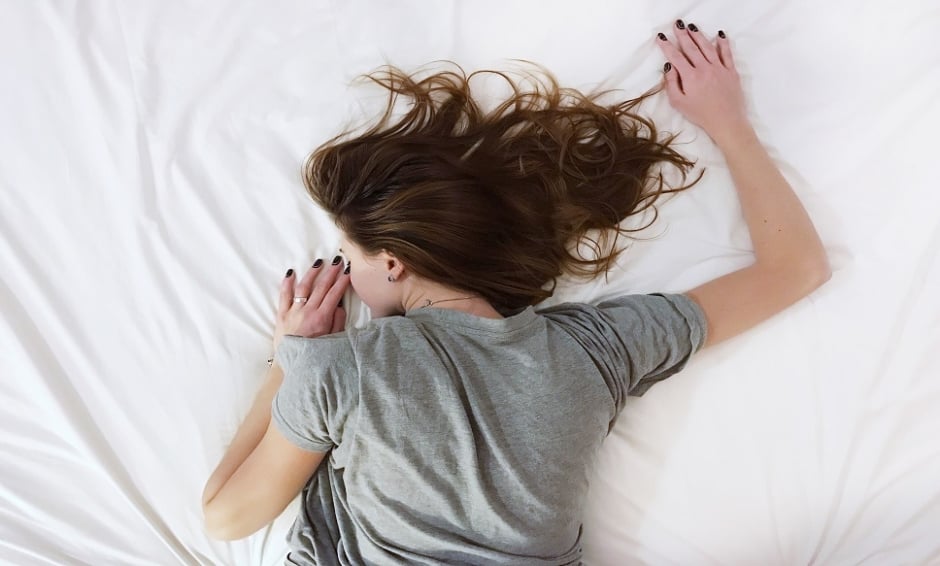WOMEN who have severe hot flushes in midlife are at a greater risk of obstructive sleep apnoea (OSA) than those who experience mild or no hot flushes, according to the results of a new study. These results highlight an important risk factor for the sleep disorder, which is often difficult to diagnose, particularly in women of menopausal age. OSA is linked to a substantially increased risk of heart disease, hypertension, stroke, depression, and death, and occurs more frequently in women as they age, gain weight, and reach perimenopause and postmenopause status.
Hot flushes or night sweats affect up to 80% of women in midlife and commonly cause sleep disturbances in these individuals; such disturbances that are directly related to menopause are hard to distinguish from sleep conditions such as OSA. Yet, 53% of a sample of perimenopausal and postmenopausal women who had experienced sleep disturbances also reported occurrences of OSA, restless leg syndrome, or both. Additionally, the female-specific symptoms of OSA, including insomnia, headache, fatigue, and depression, are less obvious than the effects reported by males, such as loud snoring, which is another reason why the condition can be hard to diagnose in women.
Therefore, the identification of a new risk factor for OSA in middle-aged women is of vital importance. The data, obtained from questionnaires completed by 1,691 women from the Mayo Clinic, Rochester, Minnesota, USA, showed that women in midlife who reported severe hot flushes were 1.87-times more likely to have OSA compared with those who noted mild or no hot flushes. Of the women included in the study, around one-quarter (24.9%) were classified as having an intermediate or high risk of OSA; these women were more likely to be of an older age and have a higher BMI compared to those in lower risk categories, alongside displaying a greater incidence of hypertension.
“Sleep disruption is a common complaint at menopause. It is important to recognise the high number of undiagnosed sleep disorders, including OSA,” commented Dr JoAnn Pinkerton, The North American Menopause Society (NAMS), Cleveland, Ohio, USA. She added: “Early morning headaches or excessive daytime sleepiness should raise concern for OSA and signal a possible need for sleep apnoea testing.”
James Coker, Senior Editorial Assistant








